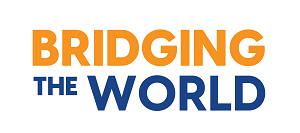Branding Values for Halal Industry
Global Halal Leader
- In 2022, Malaysia leads the overall Global Islamic Economy Indicator (GIEI) ranking for the 9th consecutive year.
- Malaysia International Halal Showcase (MIHAS) has established itself as the world’s largest Halal trade fair for the global Halal industry to network and build
Enabling Halal Environment
- Enabling Halal environment in order to support industry’s growth ranging from reputable & globally recognized certification system, comprehensive masterplan up to strong facilitation in expanding market access.
- The Halal Industry Master Plan (HIMP) 2030 envisages transforming the industry into a key economic contributor to Malaysia’s GDP.
Internationally Recognized Halal Certification
- Malaysia has been recognized at the global forefront as the pioneer in the establishment of a national Halal certification system.
- Through JAKIM, Malaysia's Halal certification system has strengthened its stature through the network of over 80 foreign certification bodies from more than 45 countries.
- The introduction of Malaysia MADANI (SCRIPT) concept may serve as the guiding principle for the incorporation of social and ethical consideration to enhance National Halal Certification system in order to maintain Malaysia’s leading position in the global Halal market.
Diverse and Capable Halal Industry with Global Standards
- Clusters of Halal products and services across key sectors including F&B, pharmaceuticals, Islamic finance, modest fashion, and cosmetics & personal care products.
- The Halal Industry Master Plan (HIMP) 2030 has emphasized on producing more high value-added products and service riding on innovation to increase visibility and acceptability at the international platform covering 3 Halal core sectors namely Food & Beverages, Cosmetics & Personal Care and Pharmaceuticals.
- In 2022, for the 9th year in a row, Malaysia is proudly leading the Global Islamic Economy Indicator (GIEI) ranking. Malaysia has achieved the top spot in various sectors including Halal Food, Islamic Finance, Muslim-Friendly Travel, and Media & Recreation. This remarkable accomplishment solidifies Malaysia's position as a global leader in the Islamic economy.
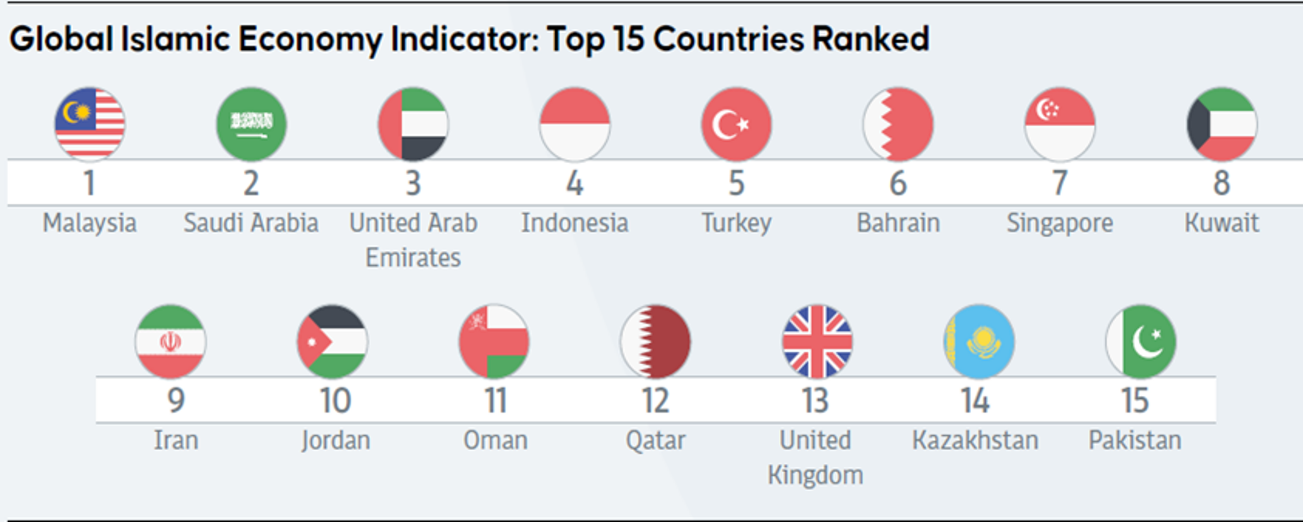
- Based on the Global Islamic Economy Indicator (GIEI), the Muslim community spent a staggering USD1.27 trillion on Halal food in 2021. This figure is expected to rise to USD1.67 trillion by 2025. The report highlights the significant economic impact of the Halal food industry, with 1.9 billion Muslims contributing to this substantial expenditure.

- According to the Halal Industry Master Plan (HIMP) 2030 report, Malaysia's Halal market is projected to reach a staggering RM523.53 billion (USD113.2 billion). Impressively, by 2030, the Halal industry in Malaysia is set to contribute nearly 11% to the country's GDP, generating over 700,000 job opportunities.
- In 2022, Malaysia's exports of Halal products were valued at RM59.46 billion (USD12.89 billion). By 2030, Malaysia’s exports of Halal products are targeted to reach RM70 billion (USD 15.19 billion).
- Malaysia International Halal Showcase (MIHAS) has established itself as the world’s largest Halal trade fair for the global industry to network and build partnerships.

- Over the course of 18 editions, MIHAS has successfully brought together almost 10,000 Halal suppliers and attracted over 450,000 visitors from around the globe. These editions have generated an impressive total sales amount of RM21.73 billion. MIHAS has truly established itself as a premier event in the Halal industry, showcasing the immense potential and growth in this sector.
- Malaysia has established an enabling Halal environment to support the growth of the Halal industry ranging from a reputable & globally recognized certification system, and comprehensive masterplan up to strong facilitation in expanding market access.
- The Halal Industry Master Plan (HIMP) 2023 envisaged a comprehensive ecosystem that can sustain the rapid expansion of the Halal industry and transform it into a key economic contributor to Malaysia’s GDP.
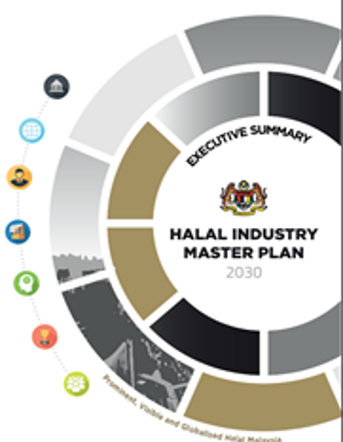
- From the national perspective, Halal is consistent with sustainability and ethical consumption whereby the value proposition offered by Halal does not allow the use of harmful substances and unlawful practices which may be detrimental to humans, the environment, and society at large.
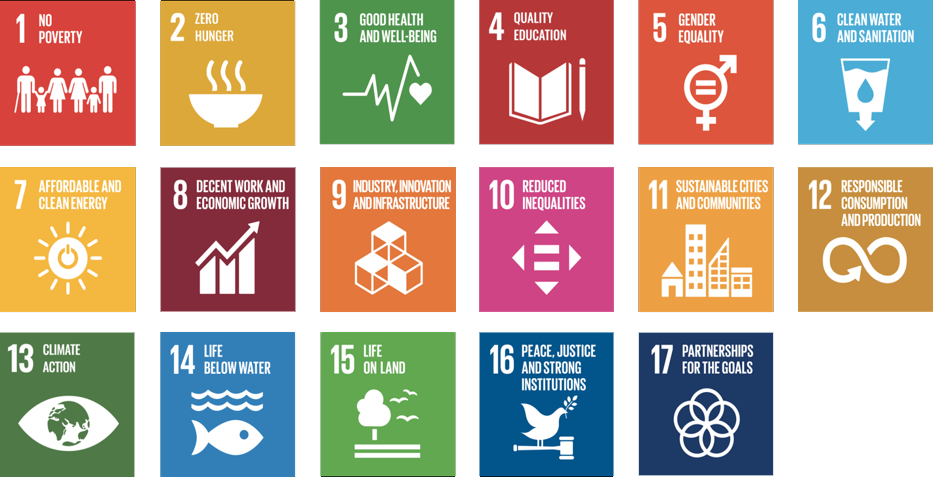
- The conducive environment, backed by its Halal certification expertise, strategic business locations and dedicated industrial parks as well as supportive government initiatives, has steered Malaysia to be one of the attractive Halal investment destinations for businesses to capitalize on the growing global Halal market.
- Malaysia has been recognized at the global forefront as the pioneer in the establishment of a national Halal certification system.
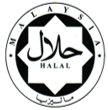
- Through JAKIM, Malaysia's Halal certification system has strengthened its stature through the network of over 80 foreign certification bodies from more than 45 countries.
- With over a dozen Malaysian Halal standards developed by the Department of Standards Malaysia which facilitates the auditing process, the reliability and transparency of Malaysia’s Halal certification system is guaranteed and undisputed.
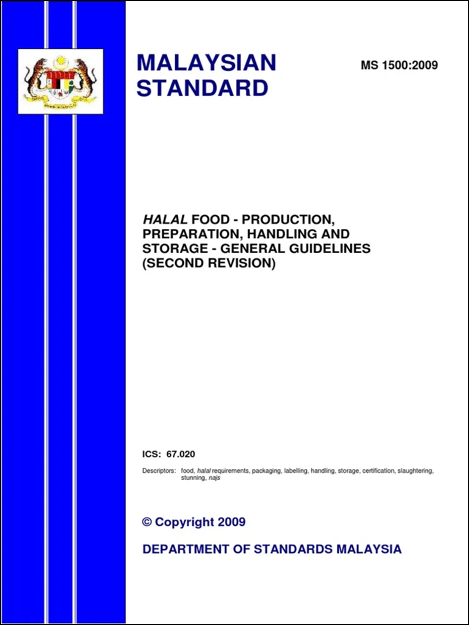
- The introduction of Malaysia MADANI (SCRIPT) concept may serve as the guiding principle for the incorporation of social and ethical consideration to enhance National Halal Certification system in order to maintain Malaysia’s leading position in the global Halal market.
- Clusters of Halal products and services have expanded beyond the F&B industry. They encompass a wider range of sectors, including pharmaceuticals, modest fashion, cosmetics and personal care products, Islamic finance, and logistics. This expansion is in response to the increasing demand for more Halal products and services.

- The credibility of Malaysian Halal-certified suppliers has been significantly enhanced through their adherence to global industry standards and requirements. Notably, domestic Halal F&B manufacturers prioritize compliance with internationally recognized standards such as the Food Safety Management System (ISO22000), Hazard Analysis Critical Control Points (HACCP), and Good Manufacturing Practices (GMP).

- Over the years, many foreign and multi-national companies (MNCs) have wisely chosen Malaysia as their Halal manufacturing hub. At the same time, home-grown Halal manufacturers have also expanded their capabilities and capacities to meet rising demands both at home and abroad.
- HIMP 2030 has emphasised on producing more high value-added products and service riding on innovation to increase visibility and acceptability at the international platform covering 3 Halal core sectors namely Food & Beverages, Cosmetics & Personal Care and Pharmaceuticals.




